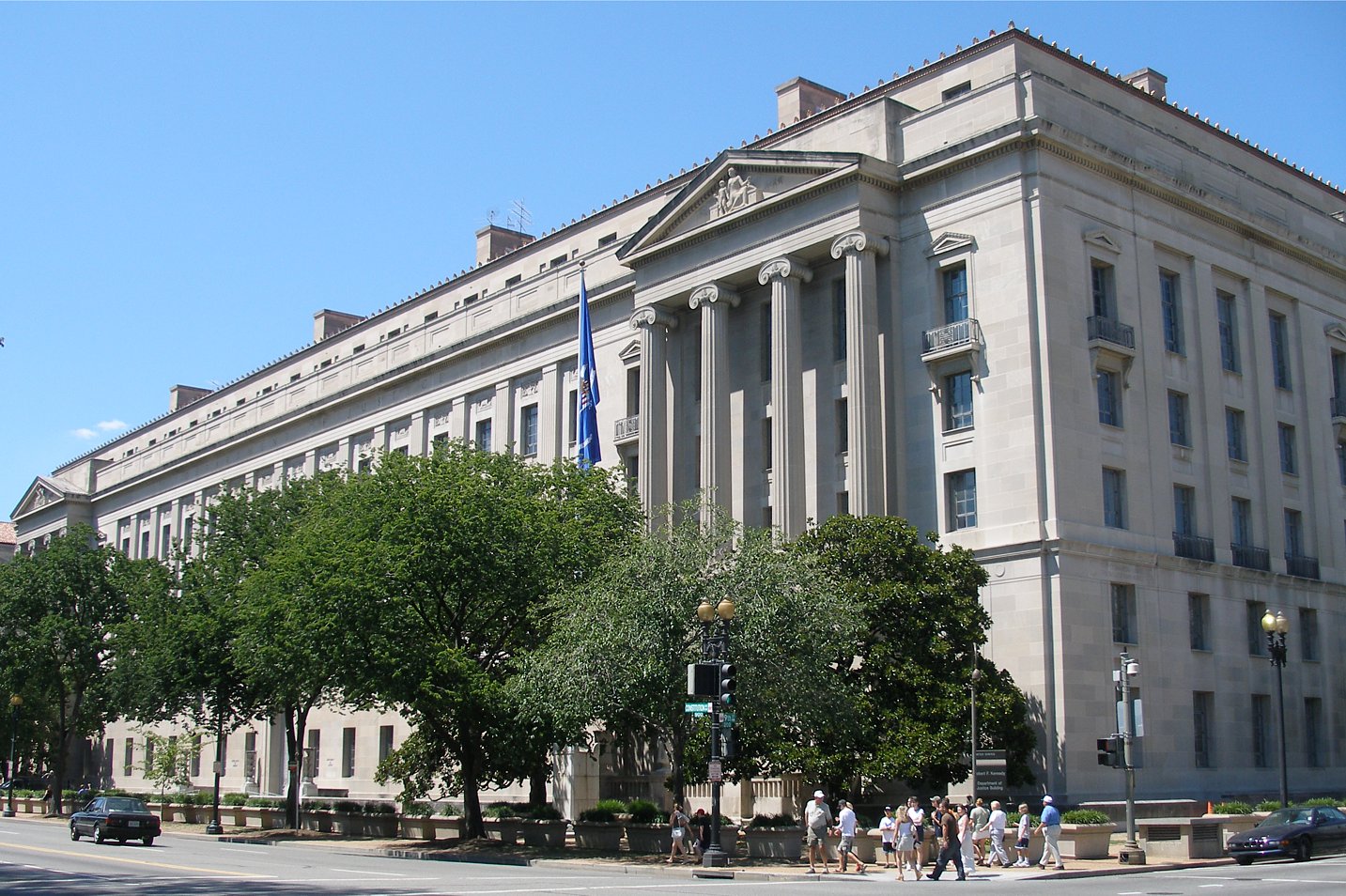Tip for Journalists: Look into Threats to Federal Judges Following Trump’s Tweets
Among the many angles on the unfolding court battles over the recent Executive Order on refugees and visas, here is a story someone should really be looking into: How have President Trump’s comments about federal judges changed the threat landscape for those who serve on the federal bench?
Published by The Lawfare Institute
in Cooperation With

Among the many angles on the unfolding court battles over the recent Executive Order on refugees and visas, here is a story someone should really be looking into: How have President Trump’s comments about federal judges changed the threat landscape for those who serve on the federal bench?
The Executive Order has little relationship to actual security threats. National security experts across the political spectrum are clear that the order will not, and cannot, make us any safer. Ironically, however, President Trump’s reaction to the fallout over the ban creates a far more immediate security risk; his ill-advised Twitter habit threatens the security of U.S. federal judges. And I would be surprised if the U.S. Marshal Service, a federal agency dedicated in part to judicial security, is not mobilizing in response.
The Marshals, the country’s oldest federal law enforcement agency, is kind of like the Secret Service for judges. It is probably safe to assume the Marshals are now busy at determining the risk to the safety of Judge James Robart and his colleagues at the district and appellate level who are required to weigh in on the legality of the Administration’s order.
As readers are no doubt aware, last week Judge Robart in Washington state issued a nationwide injunction against enforcing the Executive Order. The Ninth Circuit has rejected the government’s request for an emergency stay and will consider arguments this week.
Here is how President Trump responded:
The opinion of this so-called judge, which essentially takes law-enforcement away from our country, is ridiculous and will be overturned!
— Donald J. Trump (@realDonaldTrump) February 4, 2017
What is our country coming to when a judge can halt a Homeland Security travel ban and anyone, even with bad intentions, can come into U.S.?
— Donald J. Trump (@realDonaldTrump) February 4, 2017
Because the ban was lifted by a judge, many very bad and dangerous people may be pouring into our country. A terrible decision
— Donald J. Trump (@realDonaldTrump) February 4, 2017
The judge opens up our country to potential terrorists and others that do not have our best interests at heart. Bad people are very happy!
— Donald J. Trump (@realDonaldTrump) February 5, 2017
Just cannot believe a judge would put our country in such peril. If something happens blame him and court system. People pouring in. Bad!
— Donald J. Trump (@realDonaldTrump) February 5, 2017
I have instructed Homeland Security to check people coming into our country VERY CAREFULLY. The courts are making the job very difficult!
— Donald J. Trump (@realDonaldTrump) February 5, 2017
Trump’s tweets struck many as an alarming attempt to undermine the legitimacy of the judicial branch, but they carry more than just risks to judicial independence and other constitutional values. The President of the United States, having whipped up an angry mob over the fictional threat of dangerous refugees “pouring in” to harm them, now tells the mob that individual federal judges are imperiling their lives. The President says that this judge—and others who issue similar rulings—“opens our country to bad people” and should be blamed for future terrorist attacks.
The President is not alone in his inflammatory rhetoric. National Security Council staffer Sebastian Gorka—fresh from having his gun charge dismissed for attempting to carry a weapon onto an airplane—went on Fox News to claim that Judge Robart lacked jurisdiction over the matter and further suggested that because the judge did not receive the Presidential Daily Briefing, he does not understand the supposed peril he was creating.
This kind of talk creates a real risk that some individual with a tenuous grip on reality will decide to take matters into his or her own hands. Lest this seem like histrionics, recall that in December the “Pizzagate” conspiracy theory—promoted by the son of National Security Advisor Michael Flynn among others—led a North Carolina man to bring an assault rifle to a Washington DC restaurant where he fired shots before being taken into custody.
So we can be confident the Marshal Service is not taking this kind of atmosphere lightly. Consider the matter from the perspective of those charged with protecting judges: The President of the United States has set his excitable base, including the troubling fringe elements, on federal judges. That poses real dangers to the lives of people the Marshals are sworn to protect. And the agency will now need to assess threats and protect its charges in response.
That’s quite a story, if anyone cares to go out and get it.



